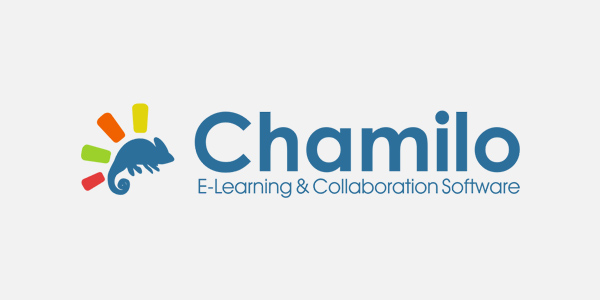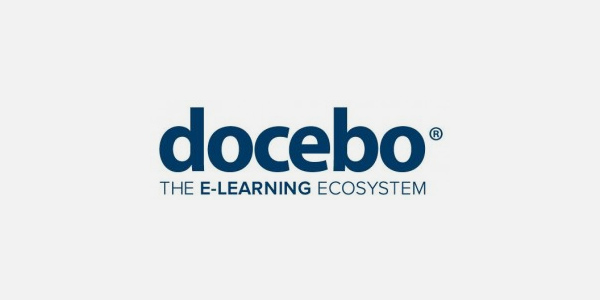From learning how to cook pasta to understanding the Python language, online courses have an inseparable place in our life without spending a great deal.
Online learning has a wide range of options to pick on. While sitting at home, you can learn a new language, sharpen the existing skills, and develop a hobby into a business. ![]()
If you are looking for the best ways to put out your knowledge to benefit a massive audience effectively, then use LMS WordPress plugins.
The Learning Management system facilitates you to create course content, share it with the masses, and evaluate the performances of your students.
In this article, we share the top five LMS WordPress integrated systems for your online learning website.
Thinkific

Thinkific, online software enables you to generate content in various modes like animation, videos, and even virtual learning.
With a wide range of options, you can repurpose your old PPTs, PDFs, and videos quickly. Besides, the built-in authoring tool will allow you to create fresh content without fussing about the technical details.
The interface even supports multi-language so that you can either add subtitles to your videos or translate them into several languages. In turn, this maximizes your reach as an online tutor on the web platform.
In addition to it, the software has integrations like GSuite, Paypal, Mailchimp to enhance your customer engagement. It is available in both free and paid versions.
TalentLMS
Are you intended to target mobile-based users to sell your courses? If yes, then TalentLMS is the best option for you.
It also enables live chat options while streaming your course content live. Accordingly, you could clarify the doubts of your students on the spot.
Exclusively, this LMS WordPress plugin also has gamification features like leaderboards, badges, customized gamification mechanics. In case you are creating content in a fun and engaging way.
The cool feature of TalentLMS would be offline mobile learning support. It is essential at times of low network connection for your students.
Additionally, you can designate roles provided there is more than one tutor in your course.
Chamilo

Chamilo is an entirely free self-hosted software, especially for academic purposes. This software has compliance management features like due date notifications. It alerts your students to complete assignments and follow up with the class soon.
You can even host a free live webinar to show a glimpse of your entire course in a nutshell.
With the pre-defined certification templates, you can design your personalized certificates based on the levels of achievement of your students.
iSpring Learn

Everyone looks for a high-quality user experience in digital spaces. iSpring Learn offers such sophistication without any glitches.
Furthermore, this software has a tight security system like IP Blocker to safeguard the users’ information.
Almost all the features are available in a free version, including the LMS WordPress plugin that improves your blog or website appearance as well.
Whenever users are signing up and learning your course, their information gets automatically to your email at predefined intervals.
Docebo

Finding all the advanced features in one place is tedious that too at an affordable cost, it is nearly impossible. Yet, Docebo offers premium quality content generation at reasonable prices.
You can create numerous types of content in less time. IT is a great advantage for every eLearning content creator.
Plus, the security system is so stringent with anti-spam, and anti-virus specifications. Interestingly, it has a WooCommerce plugin to sell your courses in bulk or individually.
With their well-known 24/7 customer service, you can build your course seamlessly.
Conclusion
Every software works best with trial and error. So, try using the free versions of software before diving into developing your online course on one suitable platform. We wish our insights have given you a brief idea.














